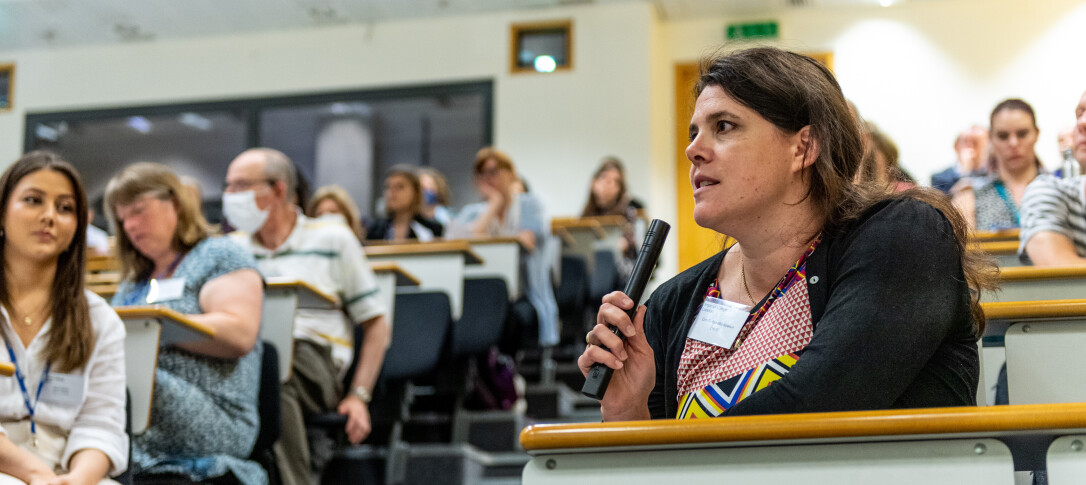
Sustainable Success: Teaching, Learning, and Assessing Well in STEMMB
The Festival of Learning and Teaching is Imperial’s annual collaborative and celebratory forum of educational innovation and achievement across the College. This year we are delighted to welcome colleagues from the Technical University of Munich (TUM) in our first international collaborative event.
At Imperial and across the higher education sector, we strive to perform well in the work that we do. This includes the education mission and how we understand and enhance its value. Looking beyond metrics, such as the Teaching Excellence Framework (TEF) and the National Student Survey (NSS), we ask what it means for us – students, educators, and all colleagues who support learning – to perform well? How can we look beyond metrics, grades, and evaluation scores when striving for success, in order to ensure that education is healthy and sustainable? We will consider some of the current opportunities and challenges faced by our education communities, exploring over three days what it means to teach, learn and assess well.
Day 1: Teaching Well
We will focus on teaching practice and the multitude of factors and interactions that take place during educational encounters. This theme will explore the variety of teaching approaches prevalent throughout our disciplines, foregrounding not only ‘what works’ but also considering how to continue teaching well in more sustainable and healthy ways. What teaching approaches are effective in different contexts and disciplines? How can such approaches be harnessed to improve teaching effectiveness, to promote appropriate self-regulated learning among students, and to facilitate a healthy, sustainable approach to life-long learning? How can we teach in ways that facilitate rich, intercultural exchange between our students?
Day 2: Learning Well
We will continue by shifting the lens onto learning in a broad sense, recognising that learning happens across the lifespan by students but also by educators and those who have graduated and left formal education. We will explore the intersection of academic achievement but, moving beyond a focus on pure performance, we will also question and debate what it means to learn well from a more holistic perspective. What are the interactions between academic achievement and learning well? What role can physical activity and leisure play as part of an integrated, active curriculum? What learning strategies are effective in different contexts and disciplines? How can such strategies be harnessed to improve both achievement and wellbeing?
Day 3: Assessing Well
On the final day, we will bring together discussions from the previous days in order to examine learning and teaching well in relation to assessment and feedback practices. Variety of assessment and well-developed feedback literacies are key components of both students’ and teachers’ educational experience. By considering the types, volume, frequency, and equity of assessment, we will explore what meaningful measures of learning might be. What are the key ingredients of effective assessment, and how can emerging technologies help us to assess well? To what extent can we identify distinct disciplinary cultures in our assessment and feedback practices? How can assessments be used not only as indicators of performance, but as developmental tools for students and teachers alike? How can assessment help to promote self-regulation and sustainable learning and teaching practices?


